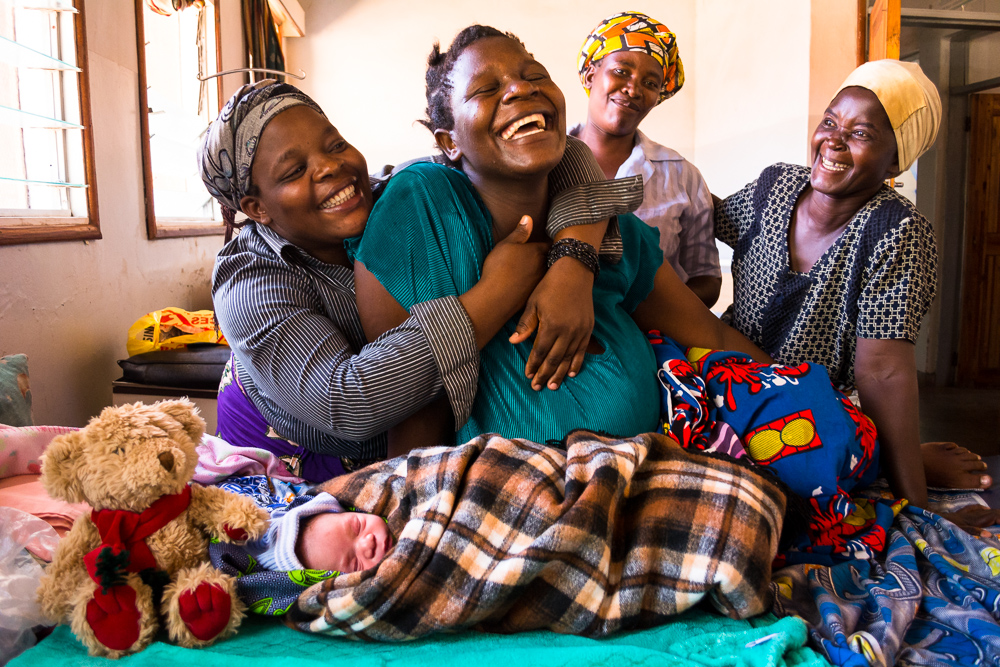Maternity Feeding Program
“When I was coming here at the clinic, I was very weak and my feet were swelling, but now everything has changed. One day my husband came to see me. He [was] surprised when he saw me: I am now fat and healthy. All this is because of the feeding program [where] we receive maize meal and vegetables. On behalf of my fellow patients, I ask you to continue this program.”
–Latima Bulainati, Chigolo Village.
and is accompanied by an equally high neonatal mortality rate (29 deaths per 1,000 live births)2. Many of these deaths are preventable through interventions available at rural health centers, which raises the question: how can we make delivery at the health center an attractive choice?
Unlike hospitals in western countries, health centers in Malawi are often difficult to reach for most people and do not provide meals to patients. Furthermore, only the most basic supportive care is provided by the overworked nurses who mostly focus on delivering medicine and treatments. Most patients, including pregnant women must bring with them all food and cooking utensils, basic toiletries, special items requested by the health center for their care (such as plastic sheeting and basins), and someone to help with personal care. These challenges result in many births taking place at home.
 |
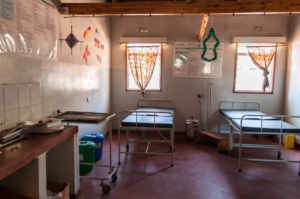 |
 |
|
Lifuwu Health Center and help2kids partnered to create an innovative garden and feeding strategy which provides fresh vegetables and maize flour (used to prepare the Malawian staple of nsima) twice daily for the mothers-to-be and their attendants to cook nutritious meals. The purchase of whole kernel maize supports Malawian farmers, and milling the kernels into flour benefits local businesses in Lifuwu. Since implementation in July 2015, the number of women choosing to give birth at Lifuwu Health Center has increased, even attracting women from beyond the health center’s catchment area! The landmark project has gained the attention of district and national officials. By helping women cope with financial and logistical barriers, we make it easier for Malawian health services to deliver care to individuals. While the garden can be maintained for modest costs, we are always looking for donors to help purchase the maize required to sustain the program. Please consider helping to provide a safe birth to a Malawian baby by making a contribution today! For more information, you can view the first year report here. The Role of the Volunteer:Living at the health center is boring and stressful. The women miss their homes, families, and having something to do. Volunteers are always welcome to visit with the women in the afternoon and do puzzles and other activities with them. The women greatly appreciate the company! |
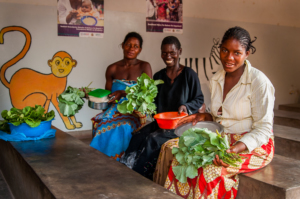 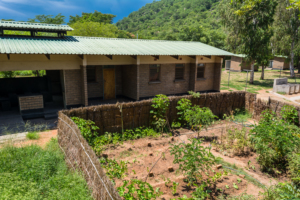 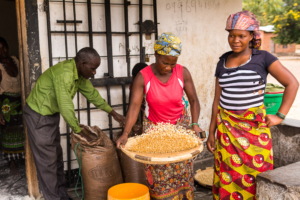 |
Sources:
- UNICEF Malawi. (2006). The Situation of Women and Children. Retrieved 6 November 2015 from http://www.unicef.org/malawi/children.html.
- USAID. (2015). USAID Malawi Maternal, Neonatal and Child Health Fact Sheet. Retrieved 6 November 2015 from https://www.usaid.gov/malawi/fact-sheets/usaid-malawi-maternal-neonatal-and-child-health-fact-sheet-2012-13.


